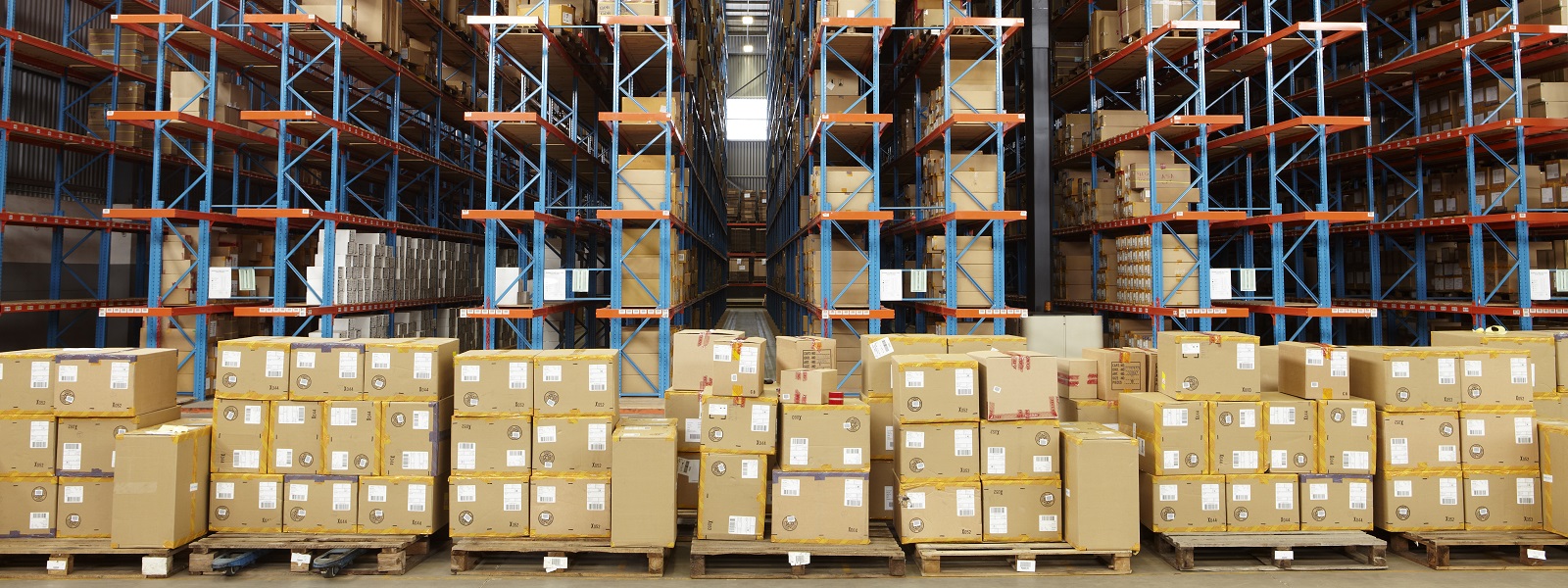PE value made up 29% of overall M&A value in Q3, compared to only 26% in Q2. Meanwhile, volume held steadier, falling 15% to 1,113 deals, or 28% of overall deal volume—the same proportion as Q2.
Though both buyout and exit activity dropped compared to the previous quarter, the decline in exit activity was less steep; exit volume fell 13% to 520 deals while value dropped by 26% to US$95.4 billion. Total buyout value dropped 30% in Q3 to US$108.8 billion and volume dropped 15% to 757 deals.
The largest deal of the quarter was notable in a number of ways. The planned US$27 billion sale of financial data provider Refinitiv to London Stock Exchange Group (LSE) was not only the largest PE deal, but the largest M&A deal of the quarter, demonstrating the muted levels of activity at the top end of the overall M&A market. The deal was also a remarkably quick turnaround for a PE investment, coming less than two years after Blackstone (along with consortium partners Canada Pension Plan Investment Board and GIC) acquired a 55% stake in Refinitiv from Thomson Reuters for US$17 billion in one of the largest PE buyouts since the financial crisis.
Infra funds splurge on big ticket items
The second-largest PE deal of the quarter was—unusually—in the transportation sector. In July, Brookfield, the large Canadian alternative asset manager, together with GIC, announced plans to take US-based railway firm Genesee & Wyoming private for an enterprise value of US$8.6 billion.
That one deal accounted for a large portion of the US$19.3 billion in PE deal value generated by the transportation sector in Q3—the second-highest quarterly value on Mergermarket record. Nonetheless, given the record-high levels of dry powder amassed by private infrastructure funds—Preqin estimated in Q1 2019 that dry powder sitting in unlisted infra funds stood at a record US$175 billion—large deals involving financial sponsors in transportation and adjacent sectors may become increasingly common.
Both Brookfield and US-based Global Infrastructure Partners (CIP) have closed US$10-plus billion megafunds this year. Infra funds are also forging fruitful partnerships with investors’ sovereign wealth and pension funds, which are accustomed to longer investment horizons than typical PE sponsors.
LatAm bounces back
Another one of Brookfield’s deals this quarter contributed to a rise in PE value in Latin America and the Caribbean. While most geographic regions saw a decline in financial sponsor activity in Q3, dealmaking in Latin America and the Caribbean climbed quarter on quarter in value and volume in both Q2 and Q3 after a particularly bleak Q1, which registered only 17 deals worth US$389 million. In Q3, there were 22 deals totaling US$3 billion, a 7% increase in value and a 5% rise in volume on the previous quarter.
The largest deal in the region in Q3 was Brookfield’s sale of a majority stake in Colombia-based electrical utility firm Empresa de Energía de Boyacá to Canada’s Northland Power for US$795 million.
Among the top financial sponsor-related deals in the region in Q3 was a US$400 million venture capital round—one of the largest ever in the region—in Brazilian fintech Nubank, the largest digital bank outside of Asia. The round was led by VC firm Technology Crossover Ventures (TCV), with participation from Chinese tech firm Tencent and US-based Sequoia Capital, among other investors.
The deal comes less than a year after iFood, a Brazilian delivery startup, raised US$500 million in a single financing round. Total VC funding in the LatAm & Caribbean region rose 81% from 2017 to US$2 billion in 2018, according to industry body LAVCA.
Industrials and chemicals recovers
Another glimmer of hope amid generally lower PE activity has come from the industrials and chemicals sector. Although the number of buyouts of industrials and chemicals fell 5% to 158 deals in Q3, value rose by 42% on Q2 to US$18.5 billion.
One-third of this value was due to one large deal: Bain Capital and Advent’s US$5.2 billion bid for German lighting firm Osram. While this deal is contested, facing a competing bid from Austrian sensor-maker AMS, it is still an indication of PE’s interest in the sector, as made further evident in the reported PE interest in German industrials firm Thyssenkrupp’s auction of its elevators unit.
Silver linings in the downturn
Against a macroeconomic backdrop which is showing ever-growing signs of weakness, conditions for M&A dealmaking among both corporate and PE players are certain to suffer. Yet, PE practitioners may be better placed to take advantage of opportunities in an economic downturn.
With a historic war chest of US$1.2 trillion in dry powder, PE does not lack for funds to transact. An economic cooldown could lead to a correction in valuation multiples which will likely have a negative impact on businesses already in PE portfolios, and could therefore depress exit numbers or lead to longer hold periods. But a correction in valuations could also increase investment appetite among funds which had been reluctant to buy at the top of the cycle, and more readily encourage them to release some of the vast piles of capital they have at their disposal.





